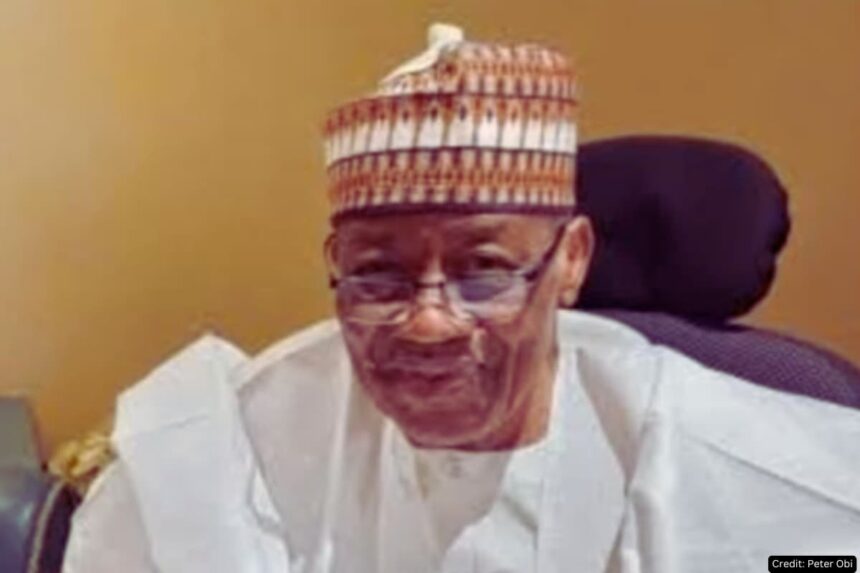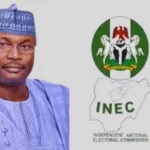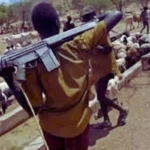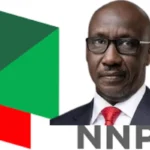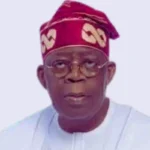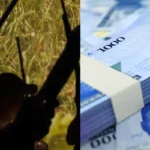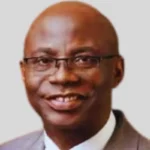During the military rule of General Ibrahim Badamasi Babangida (IBB), who recently launched his autobiography titled A Journey in Service, Nigeria, from 1985 to 1993, witnessed a series of high-profile assassinations, extrajudicial killings, and brutal crackdowns on dissent. In his book, Babangida made several revelations, including a confession about how Moshood Abiola won the 1993 presidential election and claims that Yakubu Gowon, not Odumegwu Ojukwu, was responsible for starting the Biafra War. While his administration introduced economic reforms and political restructuring, it was also marred by human rights violations, political repression, and military brutality. Below is a detailed account of some of the most notorious killings that occurred during his regime.
One of the most shocking political assassinations in Nigerian history was the killing of Dele Giwa, a prominent journalist and founder of Newswatch magazine. On October 19, 1986, Giwa was killed in Lagos by a letter bomb delivered to his residence. His investigative journalism had exposed government corruption, making him a target of state security forces. Although the Babangida administration denied involvement, suspicions remained high, with allegations pointing to the government’s secret police.
In December 1985, Major General Mamman Vatsa, a high-ranking military officer and a close associate of Babangida, was arrested along with several others on charges of plotting a coup against the government. After a secret military tribunal, Vatsa and other accused officers, including Lt. Col. Musa Bitiyong and Major Daniel Bamidele, were executed by firing squad in March 1986. Critics argued that the trial was politically motivated and lacked transparency, raising concerns about the fairness of military justice under Babangida.
Under Babangida’s regime, university students frequently protested against harsh economic policies, corruption, and authoritarian rule. Several students were killed during these demonstrations as security forces used live ammunition to disperse crowds. Notable incidents include protests at the University of Benin, Ahmadu Bello University, and the University of Lagos, where students were shot by military personnel.
On April 22, 1990, Major Gideon Orkar led a failed coup attempt against Babangida, targeting Dodan Barracks in Lagos. In the ensuing battle, several soldiers and civilians were killed. Following the coup’s failure, Orkar and over 40 soldiers, including Colonel Tony Nyiam, were arrested, court-martialed, and executed by firing squad. The Babangida regime used the coup attempt as justification for further crackdowns on dissent and opposition figures.
Although the full-scale crackdown on Ogoni activists culminated under General Sani Abacha, the Babangida regime laid the foundation for military repression in the Niger Delta. In the early 1990s, security forces violently suppressed protests by Ogoni activists against environmental degradation caused by oil companies. Several civilians were reportedly killed or disappeared under mysterious circumstances, highlighting the government’s complicity in human rights abuses.
Babangida’s tenure remains one of the most controversial in Nigeria’s history. While he introduced economic reforms and attempted political restructuring, his administration was characterized by systemic corruption, suppression of press freedom, and state-sponsored violence. The unresolved assassinations and executions during his rule continue to be subjects of debate, with calls for justice and accountability persisting to this day.
Despite Nigeria’s transition to democracy, the scars left by the Babangida regime serve as a reminder of the dangers of military dictatorship and the importance of upholding human rights and justice in governance.

